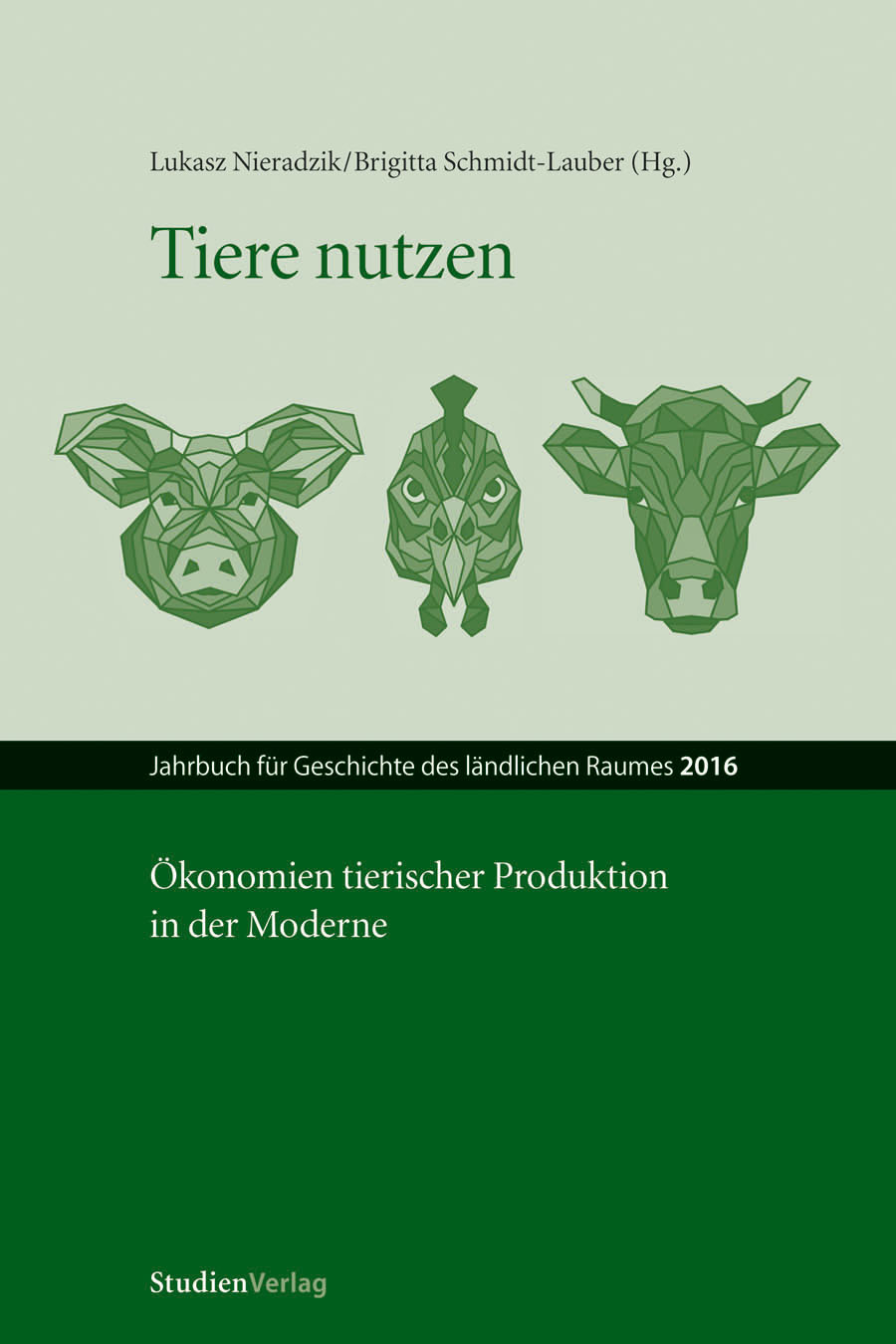„Er kömme von seinem Viehe nicht hinweg“
Mensch-Nutztier-Beziehung in einem volksaufklärerischen Mustergut (1782–1795)
DOI:
https://doi.org/10.25365/rhy-2016-7Abstract
“Cows should be looked at as machines that turn fodder into milk.” This quote seems to fit in well with modern industrial animal husbandry, but it actually goes back to Albrecht Thaer in 1799 and the intellectual environment of the so-called Economic Enlightenment. Its actors hoped to reform the traditional three-field agricultural system by abolishing grazing on pasture and keeping cattle indoors throughout the year to produce more dung. In doing so, they tried to fully economize and rationalize animal bodies, as suggested in Thaer’s quote. Since most peasants did not immediately respond positively to the proposed changes, the Popular Enlightenment tried to create exemplary model farms. One of the most important Catholic reformers of the Popular Enlightenment, Bamberg’s Prince-Bishop Franz Ludwig von Erthal (in office 1779–1795) was interested in agriculture and built such a model farm,
or Schweizerei (Swiss Dairy), near his summer residence, Schloss Seehof. The model farm was intended to demonstrate the efficiency of year-round stall-feeding with clover without pasture, and was also intended to breed stronger, more efficient cattle for the area. This new summer stall-feeding meant a large increase in the workload for the cow maids, as can be seen in the testimonies from servants of the Schweizerei. As they testified during an inspection, they spent their entire days in the stall in close contact with the cows, and replaced the social interaction that loose cows would have with each other. The question of animal agency is also posed in a difficult way with year-round stall-feeding, since the cows were tied up most of the time and could not express their agency through movement. However, contemporaries acknowledged that cows had to cooperate in order to do the combined human-animal work of letting themselves be milked. Despite objectifying and rationalizing the cows’ bodies, those involved in the Economic Enlightenment still were forced to see them as subjects.


